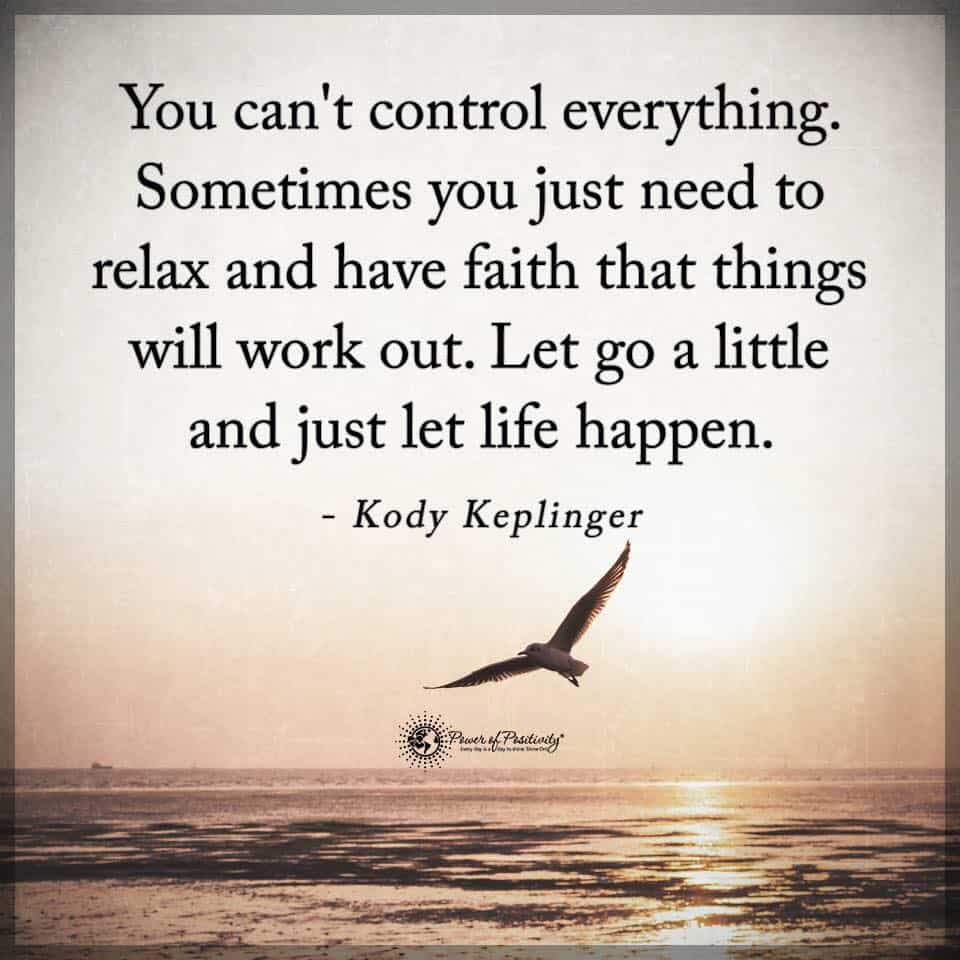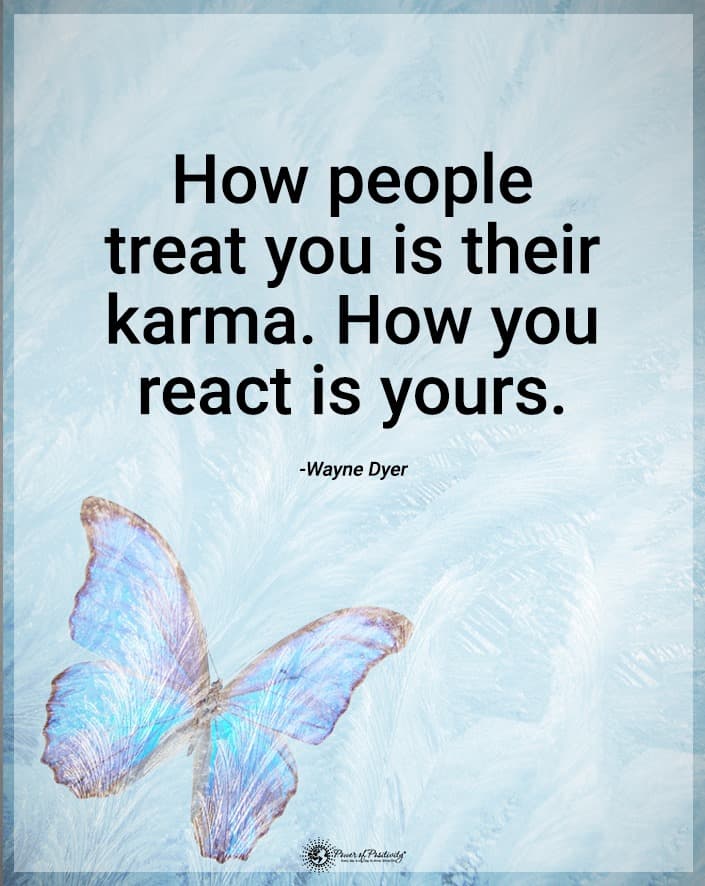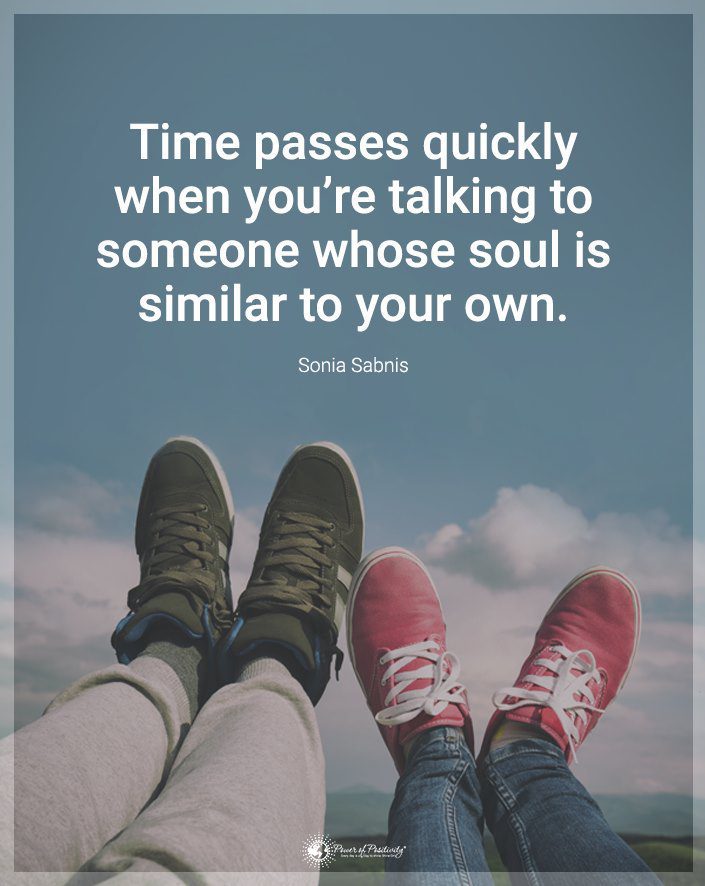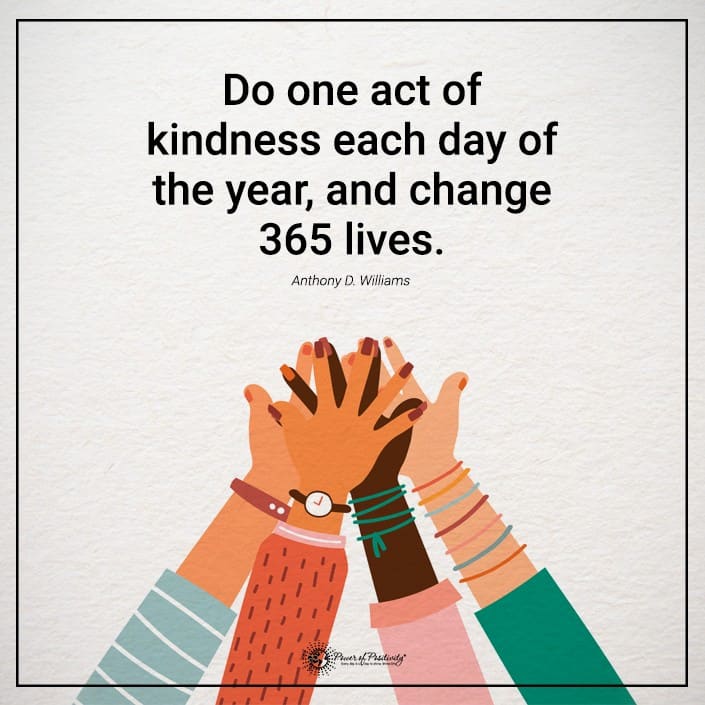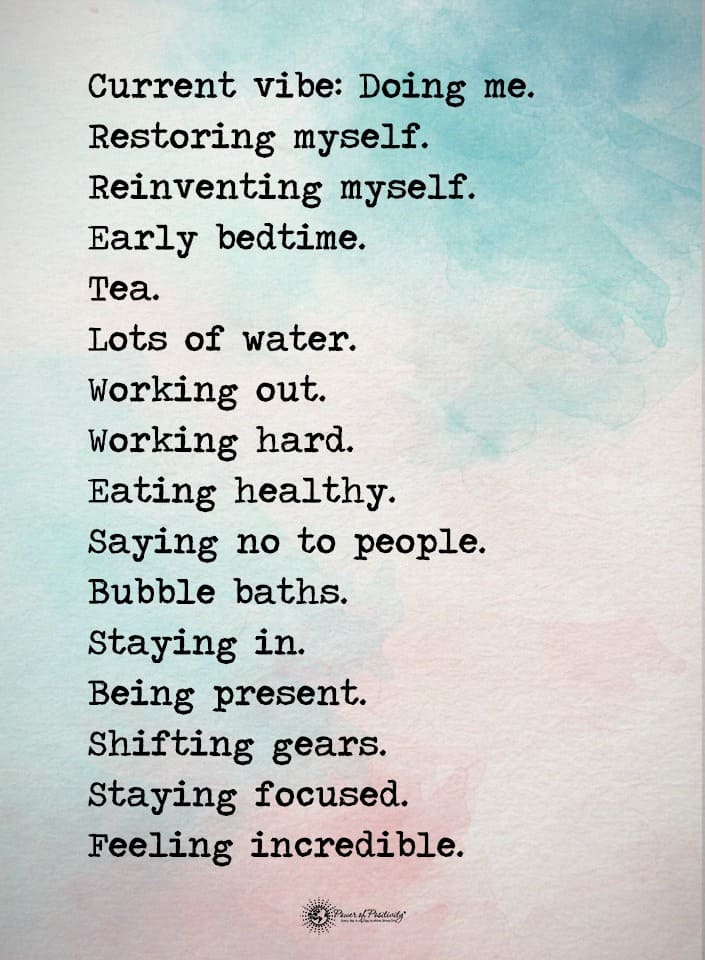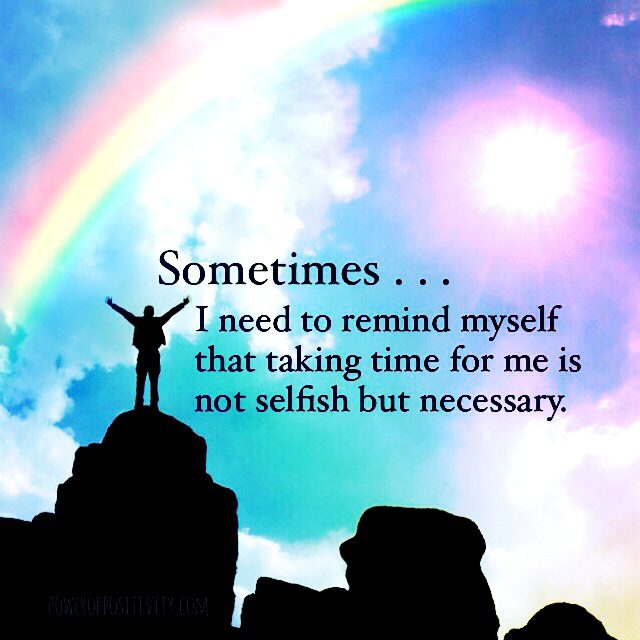Psychologist Carl Jung said, “The first half of life is devoted to forming a healthy ego, the second half is going inward and letting go of it.” It’s not such an easy concept. Sometimes ego is a huge part of a relationship. It becomes a tug of war between spirit and emotional stability. When it comes to love, we often turn to our egos to make decisions, play the blame game, and manipulate.
Here Are Five Signs That Ego Is Destroying Your Relationship:
Know these signs that you must humble yourself.
1. Constant blame reveals an inflated ego
If you are constantly blaming your counterpart for everything, you need a reality check. Ego is controlling your relationship and using manipulation to do it. Do you take any responsibility for your actions? Can you step aside and analyze the situation without blaming the other? The ego loves to blame and criticize. It will do everything and anything to transfer and reprimand another. Unfortunately, that which we avoid is usually what we get in relationships. When we don’t take responsibility for our actions the ego will utilize this to project onto another.
2. Your ego tells you that everyone else is better than you
Are you playing the victim card in your relationship? Do you compare yourself to your partner? Are you always putting yourself down in order to get a rise? The ego will partake in negative reinforcements rather than positive ones. It will engage in negative chatter and magnify your imperfections. If you are doing this it is definitely time to step back and recheck your relationship. You are not a martyr. If this is a role you are fulfilling it is time to be accountable for what you are bringing to your love life.
3. Jealousy
The green-eyed monster is the greatest platform for drama in a relationship. Ego feeds on self-worth and lack of acceptance. A loving relationship is based on mutual respect and awareness of another. It doesn’t contribute to the comparing, put-downs, and ridicule that jealousy creates. This is a drama that becomes the highest form of toxic energy in relationships. If you are in an abusive relationship, the ego will keep you there through jealousies. What is causing you to entertain these thoughts? Is your partner causing you to question the relationship? This is a red flag to step back and be honest with abuse in a relationship.
4. Fear of rejection
This sort of fear stops you from moving on and achieving any goals. When you stop yourself because of this fear you are doing an injustice to your relationship. Shifting your perception rather than being paralyzed by the ego’s anxiety and nagging is a constructive way to gain self-worth. Your ego shines when you have negative self-talk. Are you giving up your authentic truth to make another happy, as not to rub their ego in the wrong way? This is not a healthy boundary. Loving relationships are based on mutual admiration and acceptance. If you are being driven to feel rejection perhaps it’s time to analyze your commitment to this person.
5. You must have the last word
Ego has a way of turning everything about you into a one-man play. If you find that you or your partner talks excessively without asking about the other, well you are in a huge ego-driven relationship. The ego plays a wonderful role in keeping us from achieving complete peace and happiness. It is the mind’s way of controlling. It will also create scenarios that don’t exist. If you find that you must have the last say in everything, it’s time that you step back and find the root. Do you feel superior, or inferior? Do you lack self-assurance and, therefore, have to prove that you are worth it? Ego has a way to disguise inferiority by over-talking. If you are in a relationship that is argumentative ego might just be fueling it. Is this how you want to be loved?
Try These Six Habits if Your Ego Is Ruining Your Relationship
It’s easy to get so caught up in your own head that you sacrifice the people you love. If you find that your ego is too big, it is time to get back to the person you know you should be. Here are some suggestions to humble your ego.
1. Stop your ego from controlling your life
One early sign that your ego is too large is that you feel you need to have everything figured out before you do correct yourself. When you’re trying to control even the minute details, you set up for stress and unrealistic expectations. That’s because you can’t control everything in life, no matter how hard you try. So now is the time to let go of your control and relax. You’ll set yourself free from your own unfair expectations.
2. Embrace correction of your ego
When your ego rules your life, you don’t like it when a loved one or co-worker points out your faults. As a result, you become quick to blame others or every situation you land in. To get back to a kinder version of yourself, you need to embrace correction. Don’t resist criticism. Allow the correction to sand the rough edges off your character so you can become kinder.
3. Drop “I”
Your ego needs to feel special. Thus, you feel jealous when others get praise or credit for things. There’s a desire to draw attention to yourself, to say, “Look at me, see what I did.”
To become a better version of yourself, it’s best to drop “I” and look outward. So begin praising others and encouraging them. Focusing on yourself is one of the best techniques to hush your ego and reset your life.
4. Stop trying to please
Do you always crave approval from others? Wanting to please people or receive approval is a sign your ego could destroy your relationships. There’s nothing wrong with wanting to encourage others or help people. However, if your are not helping your life’s journey if you engage in this behavior. If you have sincere motives for helping other people, you should receive satisfaction whether or not they show appreciation. The difference is that you render aid to them because they need it–not because you want them to like you more.
5. Look outside yourself
If your ego is ruling your life, it destroys more than your relationships. Indeed, it also places your will above God’s will for your life. Finding help and putting faith in God is a way of looking for help outside yourself. Trusting a higher power brings you comfort and confidence. That’s because you can relax knowing there’s someone bigger than you ruling over your life. You can take the focus off yourself and look outward.
6. Choose kindness over ego
An inflated ego blinds you to how poorly you treat other people. One way to quiet an inflated ego is to focus on being kind. Kindness means you are always considerate and generous to others. You build up others rather than tear them down. So show kindness to the people around you; it will help you feel happier about your life and who you are.
Final Thoughts on Identifying When Your Ego Might Ruin Your Relationships
At any point in your relationship, you must step back, breathe, and take accountability for your actions. You are your thoughts. You are your actions. If your ego is driving you to these negative challenges it is also screaming for attention. Loving another requires complete vulnerability. Let go of the chit-chat and be honest with yourself and others. You get to choose your words and actions. You get to change and shift the way your relationship should be. It all starts with you!

